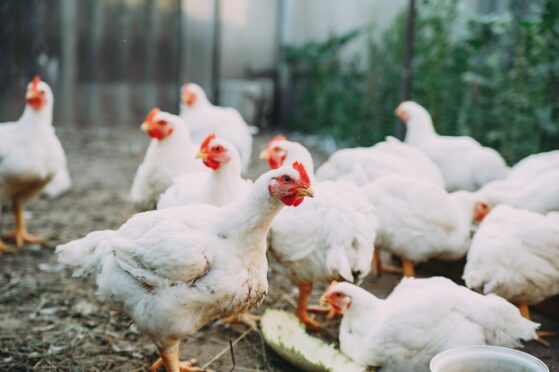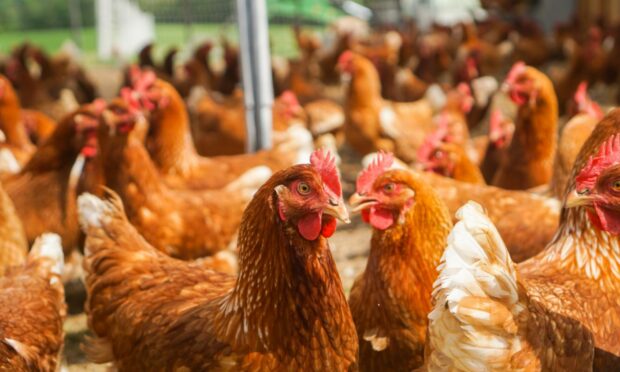The battle against bird flu is being stepped up, with £1.5 million of funding for a new research consortium composed of some of the UK’s top scientists.
This year’s bird flu outbreak has resulted in more than 100 cases in the UK and has come at a huge cost to the poultry industry and long periods of housing for flocks.
The eight-strong consortium of British institutions, headed by the Animal and Plant Health Agency (APHA), has been tasked with developing strategies to find new ways of containing future outbreaks.
Work will focus on finding out what helps the latest virus strains to form larger and longer outbreaks, how the virus transmits from wild birds to farmed poultry, the gaps in biosecurity that allow the virus to penetrate premises and how this could be addressed, and why some birds, such as ducks, are more resistant to bird flu strains.
The UK’s chief vet, Christine Middlemiss said: “This new consortium will allow us to combine our expertise at a national level to increase the speed and quality of our research, ensuring we can develop new strategies to aid our efforts against this insidious disease and hopefully, in time, reduce the impact on the poultry sector.”

The Biotechnology and Biosciences Research Council (BBSRC) is funding the work, and the council’s executive chair, Professor Melanie Welham, said the response would draw on leading researchers from across the country in order to deliver rapid results.
She added: “This new national consortium will study the unprecedented avian influenza outbreak to better understand this latest strain and how to tackle it.
“This will feed rapidly into government decision-making and new strategies to protect the poultry industry and reduce the risk of future transmission to humans.”
